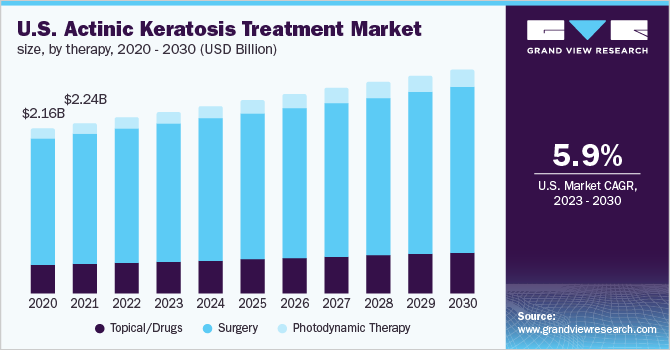Cupid's Hookup Guide
Unlock the secrets to modern dating with our insightful tips and advice.
The Skin Marketplace Surge: How Gamers are Shaping a New Economy
Discover how gamers are driving a booming economy in the skin marketplace. Uncover trends, insights, and the future of virtual assets!
Exploring the Impact of Skin Trading on the Gaming Economy
Skin trading has transformed the gaming economy into a vibrant marketplace where virtual items can have real-world value. Gamers engage in this practice primarily to enhance their in-game experience, as unique skins can provide a sense of individuality and prestige. However, this phenomenon goes beyond mere aesthetics; the ability to buy, sell, and trade virtual items has led to the emergence of a robust economic ecosystem. Many players are now turning to these digital assets not only for enjoyment but also as a potential investment, driving up demand and ultimately affecting the overall profitability of the gaming industry.
The impact of skin trading on the gaming economy raises important questions about regulation and fairness in online gaming environments. As more players enter the market, the potential for scams and fraudulent activities increases, prompting developers to examine how they can protect their communities. Furthermore, the legal implications of skin trading are still being debated, particularly when it comes to gambling aspects and age restrictions. As this trend continues to evolve, both players and developers must navigate the complexities of a rapidly changing landscape, striving for a balance that promotes a healthy gaming economy while safeguarding players' interests.

Counter-Strike is a popular first-person shooter game that has captivated gamers since its release. Players engage in intense team-based gameplay, where tactics and strategy are essential for success. For those looking to enhance their gaming experience, you can check out the daddyskins promo code to find valuable in-game items and skins.
How Gamer-Driven Markets are Redefining Virtual Asset Value
The rise of online gaming communities has led to the emergence of gamer-driven markets, fundamentally reshaping the way we perceive and value virtual assets. Unlike traditional markets, where value is often dictated by production costs and scarcity, gamer-driven markets rely heavily on player engagement and community consensus. This paradigm shift has allowed items such as skins, in-game currencies, and unique character upgrades to reach astonishing prices, driven by factors like rarity, player demand, and brand collaborations. For example, a rare cosmetic item in a popular video game can sell for thousands of dollars, highlighting how community-driven valuation significantly differs from conventional asset markets.
Furthermore, the impact of gamer-driven markets extends beyond individual players; it also influences game developers and publishers. As these markets evolve, companies are adapting their strategies to accommodate this new value framework. Interactive features like player-to-player trades and item creation tools are becoming more prevalent, enabling gamers to dictate the worth of their assets directly. This shift fosters a sense of ownership and investment among players, making them more than just participants in a game; they become active contributors to the virtual economy. As such, understanding the nuances of these markets is crucial for both players and developers aiming to thrive in the increasingly complex landscape of digital assets.
Are Skins the Future of Digital Currency in Gaming?
The rise of skins in gaming has sparked a significant conversation about their potential role as a form of digital currency. Skins, often cosmetic items that alter the appearance of characters or equipment, have gained immense popularity across various gaming platforms. Unlike traditional currencies, skins can represent real-world value, creating a unique economy where players buy, sell, and trade these items. This evolving ecosystem showcases how virtual goods can transcend their initial purpose, leading some to argue that skins could very well be the next frontier in digital currency for gamers.
Moreover, as gaming continues to evolve with the integration of blockchain technology, the concept of skins as a digital currency becomes even more plausible. The ability to verify ownership and authenticity through blockchain can enhance the value of skins, making them not just cosmetic enhancements but also viable assets in a player's portfolio. With game developers exploring NFTs (non-fungible tokens) related to skins, the future of digital currency in gaming could see a transformative shift, positioning skins at the forefront of a new economic model within the gaming industry.